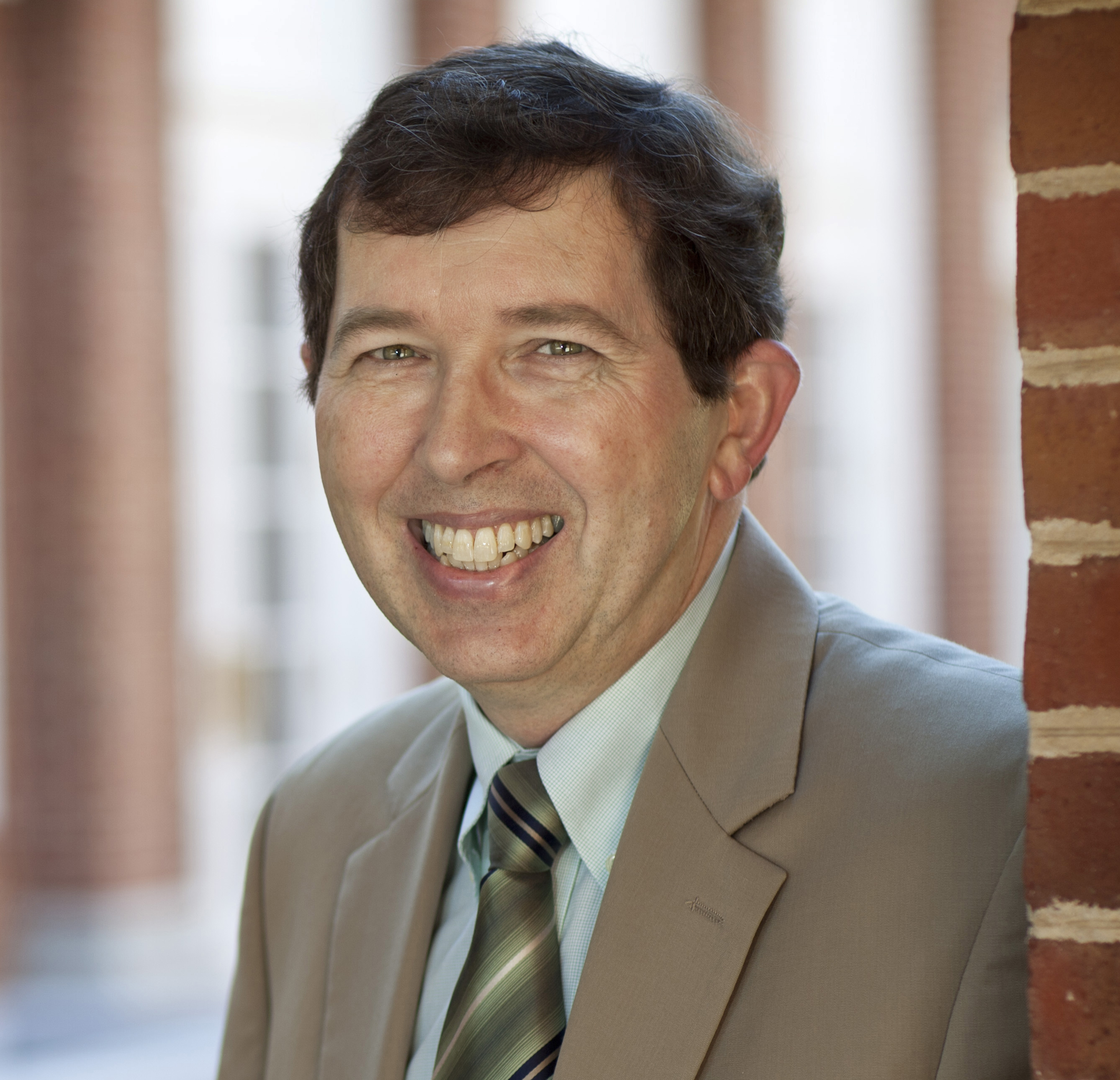For researchers like University of Virginia professor Dewey Cornell, it’s called the “school-to-prison pipeline”: students misbehave in school, are suspended, fall behind in their studies, drop out and subsequently find themselves swallowed up in the justice system.
Cornell, a professor in U.Va.’s Curry School of Education, is among a group of more than 100 experts in a wide range of fields, including education, juvenile justice, law enforcement and mental health, tapped by a national nonprofit group to identify evidence-based recommendations that would change the system of discipline in public schools to keep more kids in the classroom and out of the juvenile justice system. They released their report last week.
According to “The School Discipline Consensus Report,” published by the Council of State Governments Justice Center, millions of students are removed from their classrooms every year for minor misconduct.
“This report contributes to a nationwide effort to move schools away from ineffective disciplinary practices, such as school suspension, and toward more positive and effective practices,” said Cornell, who served on the Steering Committee and School Climate Committee for the project.
The Council of State Governments Justice Center, a national nonprofit group focusing on justice and public health issues, consulted advisers in the fields of education, juvenile justice and mental health and received feedback from more than 700 people over three years.
The report examines how to improve the learning conditions for all students, responses to students’ behavioral health needs, school-police partnerships and juvenile justice outcomes.
“This comprehensive and carefully documented report is the culmination of three years of work to improve school discipline practices and stop the school-to-prison pipeline found in many communities,” Cornell said.
According to the report, a disproportionately large percentage of suspended youth are students of color, youth with disabilities and students who identify as lesbian, gay, bisexual or transgender. When suspended, these students are at a significantly higher risk of falling behind academically, dropping out of school and coming into contact with the juvenile justice system. Other surveys have found that lesbian, gay, bisexual or transgender students fared worse on many measures of academic achievement and school engagement than their peers; and that African-American students drop out at twice the rate of white students, with the Latino dropout rate even higher.
The report says that students will benefit more from a graduated system of responses to student misconduct and a stronger emphasis on prevention.
Cornell’s work with the Virginia Youth Violence Project contributed a model for assessing school climate and identifying authoritative practices that are associated with less student bullying and misbehavior. Cornell is also program director for the Avoiding Risk program area at Youth-Nex, the U.Va. Center to Promote Effective Youth Development.
“The results of our statewide school climate surveys helped demonstrate how school conditions can be reliably measured and used to inform school policy and practice,” he said.
Among the many recommendations included, the report suggests the following strategies:
- Ensure that there are developmentally appropriate, graduated responses to student misconduct.
- Make certain students who are removed from the classroom for disciplinary reasons continue to receive quality instruction.
- Select, train, supervise and evaluate school-based police officers for their defined role in schools.
- Take steps toward reducing school referrals to the juvenile justice system, including collecting data around the circumstances of those referrals.
- Identify students who require targeted behavioral interventions and develop partnerships to meet those needs.
- Use a collaborative process at the local level to determine the presence of police officers on school campuses and establish clear roles for officers to ensure the safety and comfort of all students and staff.
Media Contact
University of Virginia, Contemplative Sciences Center
edaniels@virginia.edu 434-243-3560
Article Information
June 10, 2014
/content/uva-s-cornell-contributes-report-aims-plug-school-prison-pipeline

